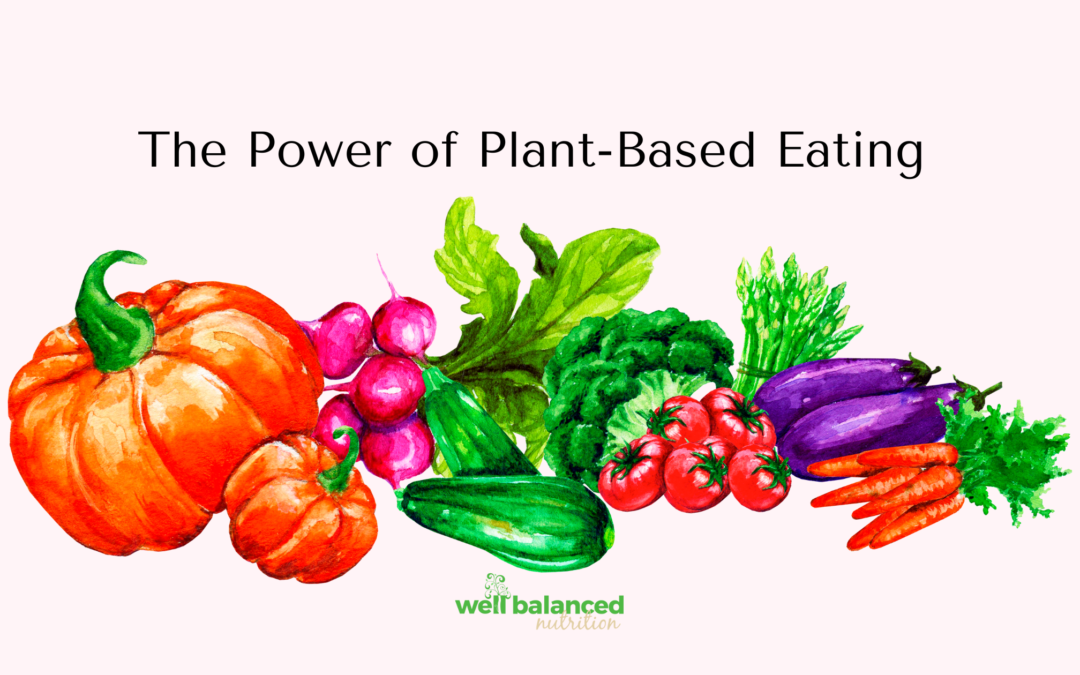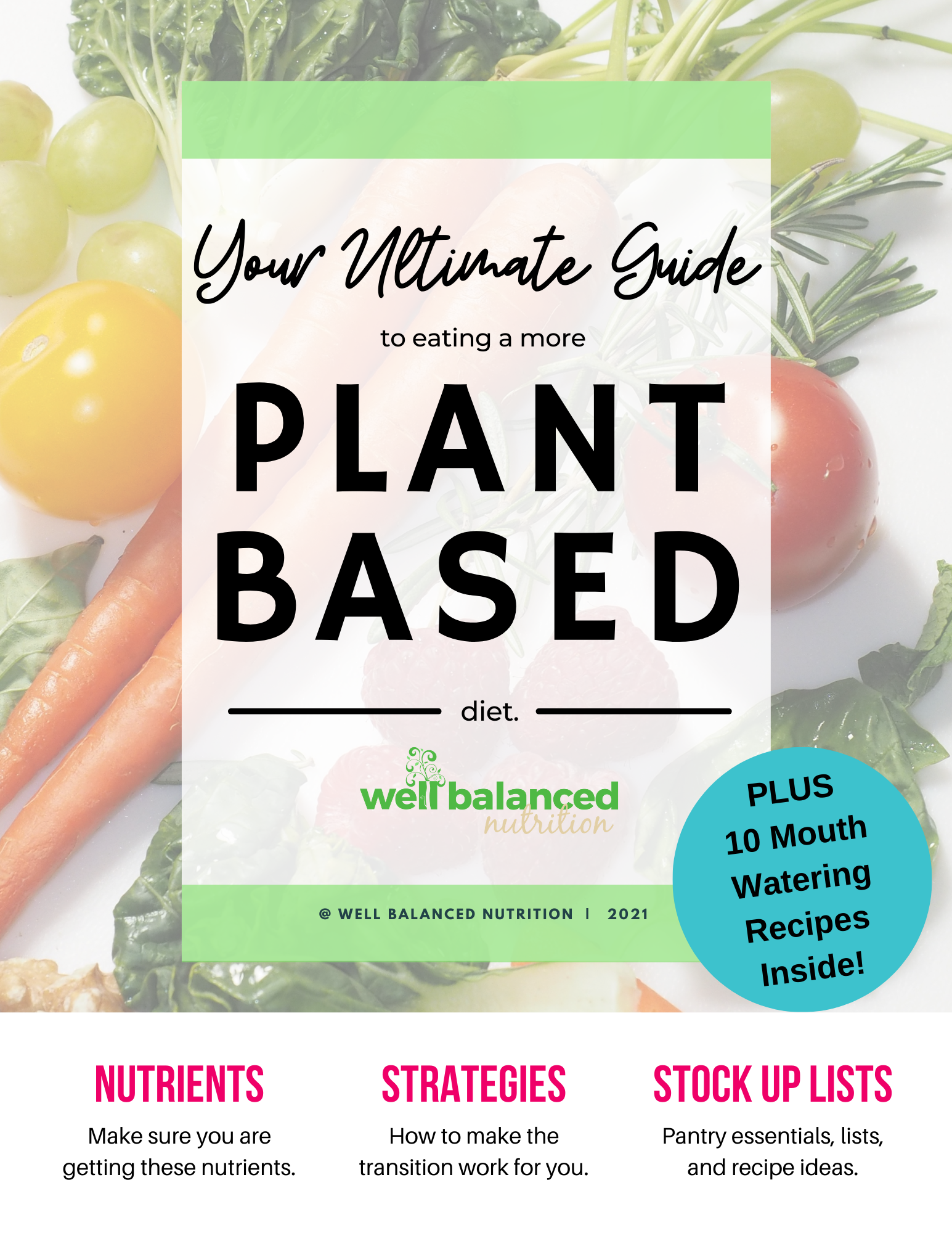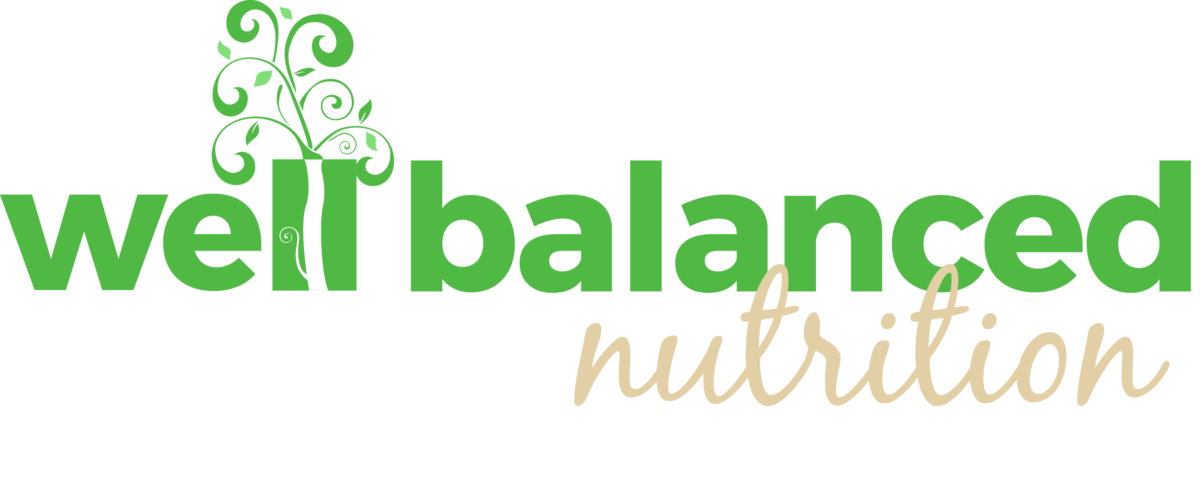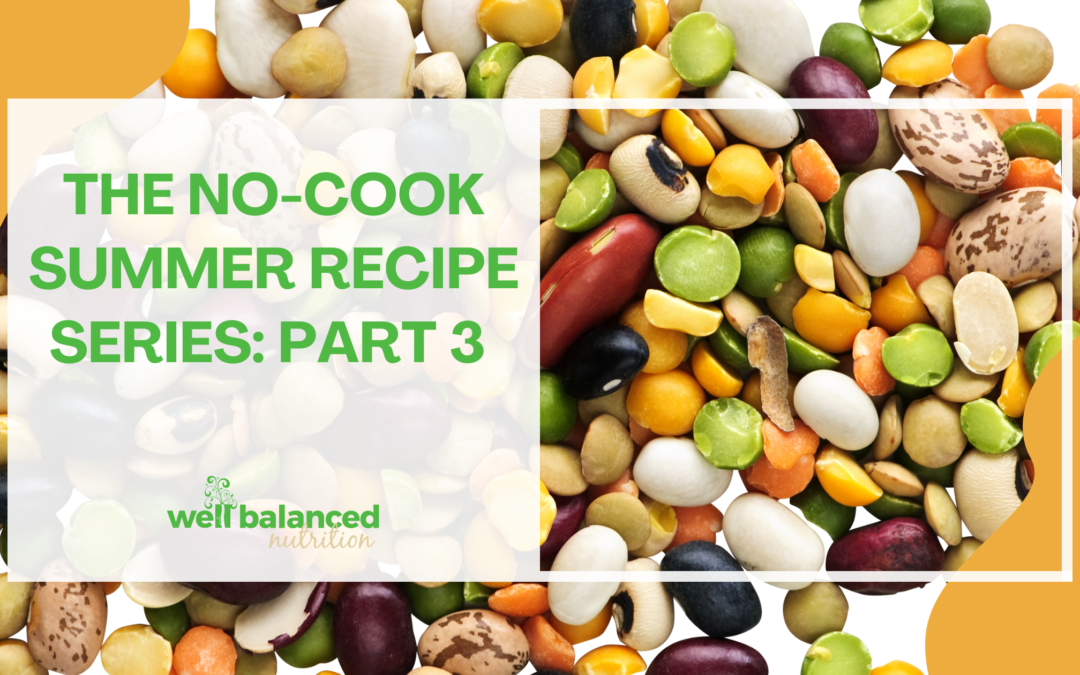
The Power of Plant-Based Eating
In a world where health, sustainability, and compassion are taking center stage, plant-based eating has emerged as a powerful movement. The benefits of adopting a plant-based lifestyle extend far beyond personal health, encompassing the environment and animal welfare as well. Let’s delve into the remarkable advantages of plant-based diets, explore common myths, and discuss tips for plant-based eating.
Benefits of Plant-Based Eating:
- Nutritional Impact: Plant-based diets are rich in essential nutrients, including vitamins, minerals, fiber, and antioxidants. Fruits, vegetables, whole grains, legumes, nuts, and seeds offer a wide array of nutrients that support optimal bodily functions and help prevent or treat chronic diseases such as heart disease, diabetes, and certain types of cancer.
- Environmental Advantages: Through reducing or eliminating animal products from our plates, we can significantly reduce our carbon footprint and conserve precious natural resources. Plant-based diets promote the farming of a variety of fruits, vegetables, grains, and legumes which can help nourish the soil. In addition, organic options will support farming practices that do not utilize pesticides which can be harmful to the environment.
- Ethical Values: For some, choosing plant-based foods is an embodiment of compassion towards animals. Factory farming practices often involve overcrowded and inhumane conditions for animals, causing immense suffering. Through choosing plant-based products, consumers often feel that they are supporting companies that align with their ethical values.
Plant-Based Myths Busted: Addressing Concerns and Misconceptions
Despite the numerous benefits of plant-based eating, misconceptions and concerns still linger. Some worry about protein intake, nutrient deficiencies, and limited options. With proper planning, a well-balanced plant-based diet can provide all the necessary nutrients and delicious alternatives. However, plant-based individuals need to be extra mindful of including foods that provide enough protein, iron, calcium, and vitamin B12.
Practical and Delicious Tips
Transitioning to a plant-based lifestyle doesn’t have to be overwhelming. Start by incorporating more plant-based foods into your meals gradually. You can start slowly by substituting meat with plant proteins such as tofu, tempeh, or beans a few times a week. Finely chopped mushrooms and lentils make a great substitute for ground beef on taco or pasta nights.
Experiment with new recipes that highlight the flavors and versatility of plant-based ingredients. From hearty lentil stews to vibrant veggie stir-fries and decadent dairy-free desserts, the world of plant-based cooking is a delightful adventure waiting to be explored.
If you are interested in learning more about plant-based eating or are looking for support as you transition into a plant-based lifestyle, book a call with one of our nutrition coaches by clicking here or check out our DIY guide below.

In this 24-page guide, you’ll find strategies for success, nutrients you will need, and exactly what to stock up on to make your new plant-forward lifestyle easy-peasy.
Includes:
- Must have items in your kitchen
- Nutrients to go nuts over
- Plant Protein
- 10 mouth-watering recipes!
PLUS A BONUS VIDEO RECORDING:
How Your Friendly Dietitians Eat More Plants and Less Meat.








